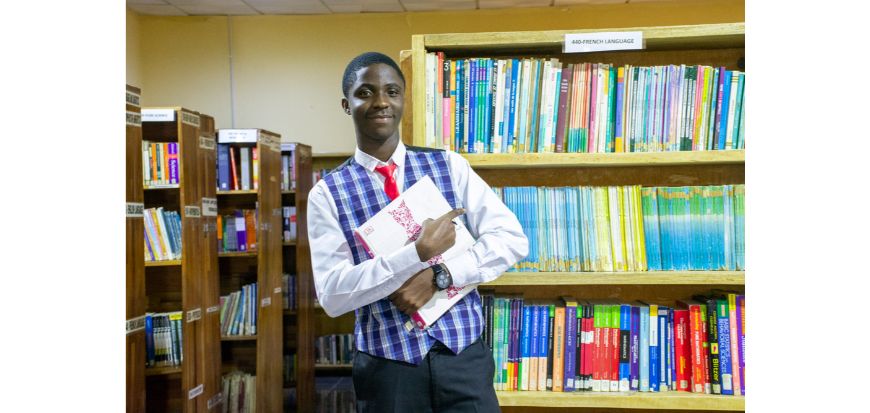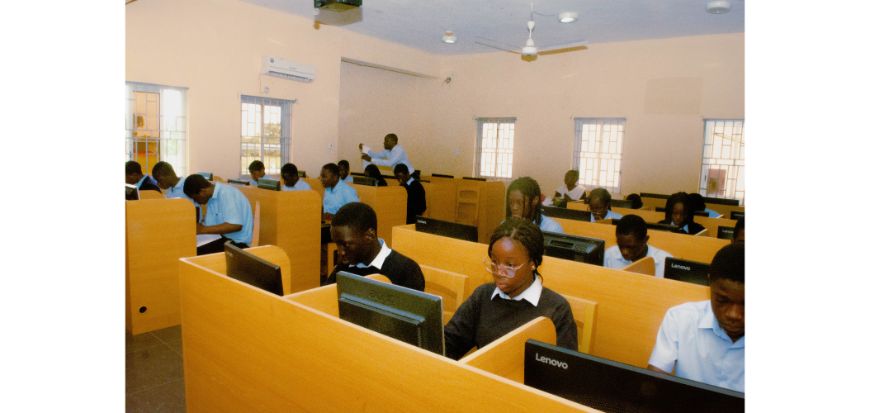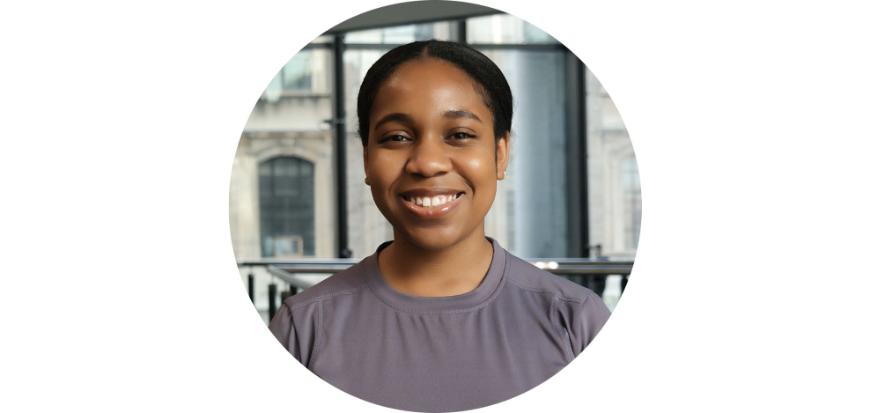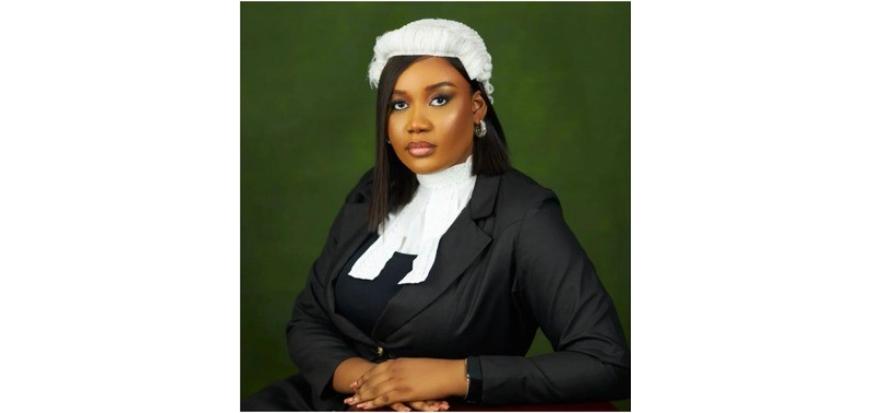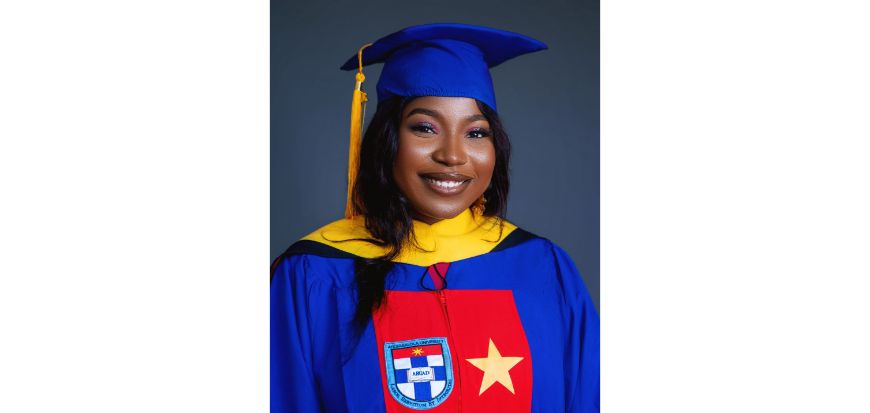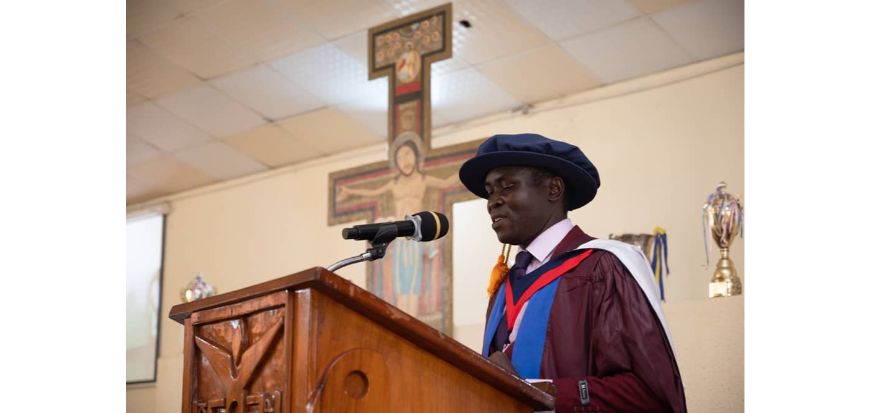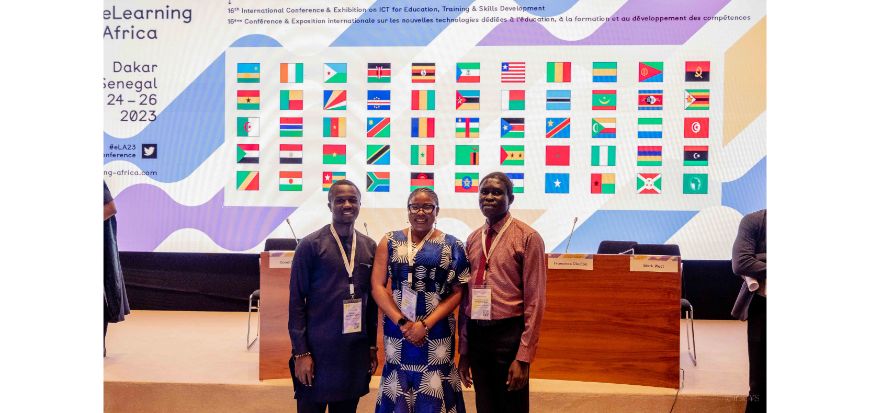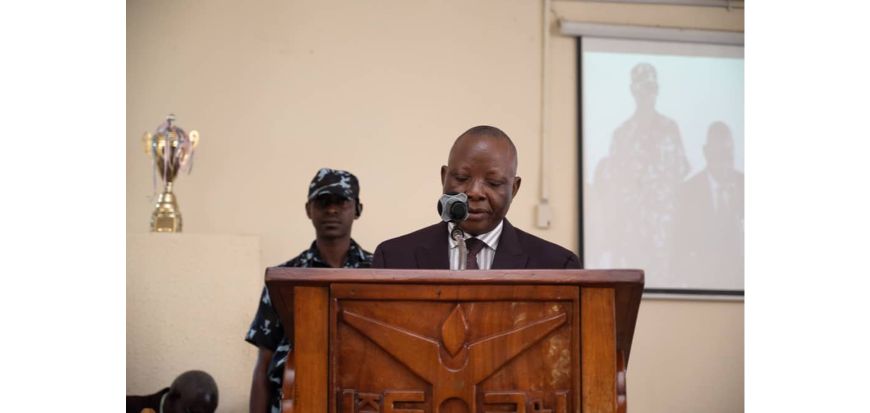Department of Mathematics
DESCRIPTION OF THE DEPARTMENT
The teaching of Mathematics in 21st century is expected to facilitate and achieve an all-round learning of mathematical knowledge and skills in learners. It should deal with the process and not just be confined to transferring the knowledge from the mind of the teachers to notebooks of students through the tip of a pen. This will not be achieved without the exposure of learners to adequate preparations and tools (Mathematics laboratory experiences). Skills that are acquired by learners through mathematics laboratory exposure cannot be overemphasized, and no learner should be denied such great virtues in this era.
The Mathematics Laboratory is a unique concept in the field of mathematics education that was introduced in the year 1994. It has come a long way in enriching mathematics at primary, secondary and senior secondary levels. Here at TAICO, the usage of Mathematics Laboratory is an integral part of the regular curriculum.
A Mathematics Laboratory is a place where some of the mathematical activities are carried out and is akin to any other science laboratory. The way students get hands-on experience in a science laboratory, even in a Mathematics Laboratory, students should get hands-on experience and scope for new innovations. Further Mathematics Laboratory should be a learning environment where many young minds decide that mathematics is more than practising "sums" that the teacher assigns.
With the help of qualified teachers, we are hoping to achieve world-class recognition in the field of mathematics.
OUR GOALS AND OBJECTIVES
According to research in 2017 (Mathematics Laboratories with Uncle John C), the following are some of the numerous objectives of math laboratory, as it is meant:
- To inculcate permanent numeracy in the students.
- To make mathematics learning very meaningful to the students.
- To lay a sound basis for scientific and reflective thinking among the students.
- To make mathematics learning exciting and enjoyable for the students.
- To enable students to comprehend and internalize mathematical knowledge.
- To generate interest in mathematics and provide a solid foundation or background in mathematics learning.
- To stimulate and encourage creativity among the students.
- To equip the students to live effectively in our modern age of science and technology.
- To bridge the long gap between mathematical abstracts/theory and concrete/practical.
- To provide readily accessible rich manipulative materials to emphasize on learning by doing.
- To develop an attitude of enquiry.
- To remove the weakness of present-day mathematics education.
- To generate interest in the subject.
- To make the students divergent thinkers.
- It provides a means of practising cognitive and psychomotor skills.
ACHIEVEMENTS
The recorded success is satisfying although, still hoping to hit the set mark of a hundred. Having more than 80 marks for students doing JAMB examination, overall score points of 5.7 out of 6 in the Junior Cambridge exams, 90 and above out of 100 for students in the O’level Cambridge and so on. Recently, one of our students had the best Mathematics results in the National competition in Kwara State and many more that we can write about.

